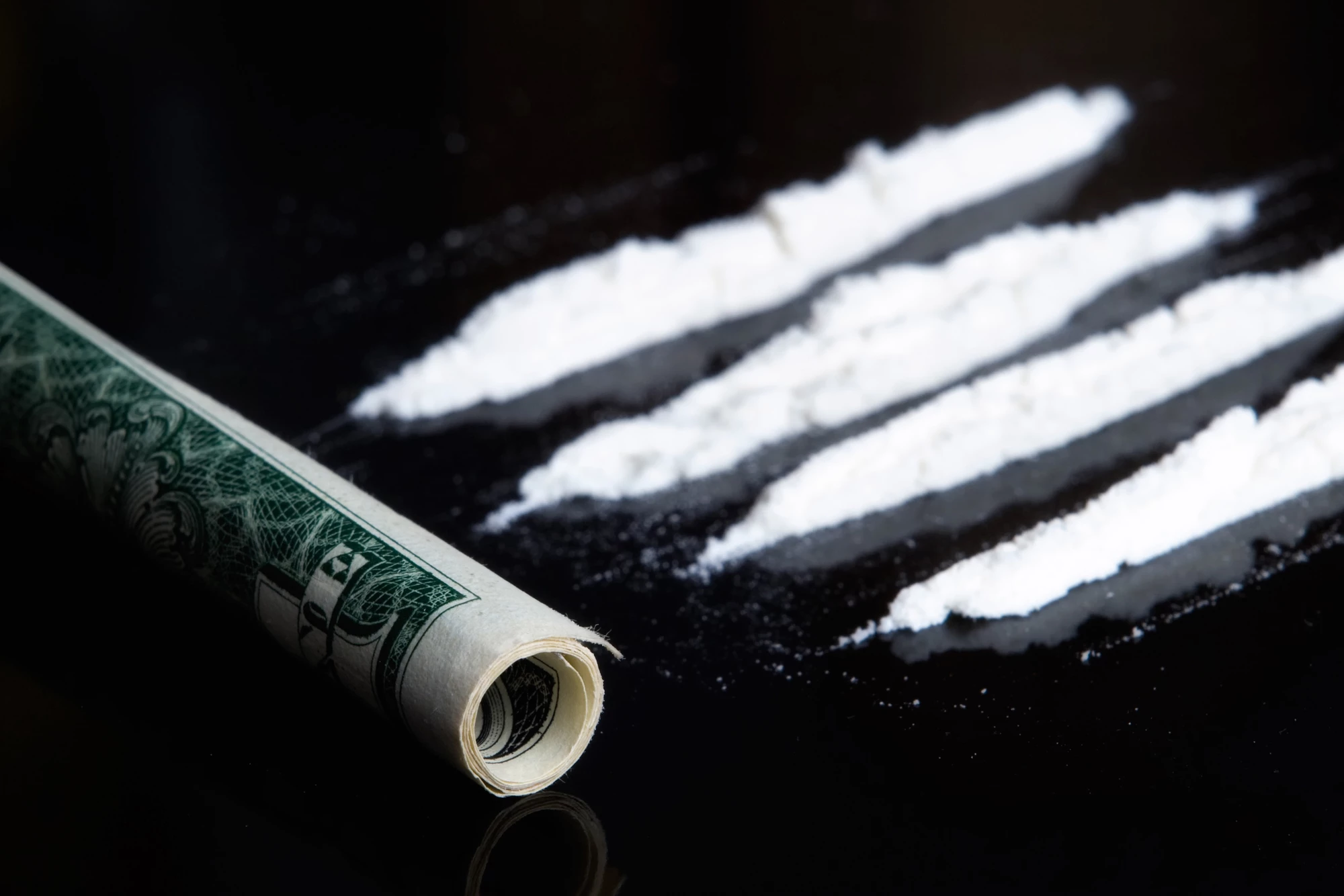A new study has provided the first evidence of a link between the gut microbiome and cocaine use and the cravings that follow withdrawal. The findings open the door to potential treatments for drug addiction and relapse prevention.
The gut microbiome, the trillions-strong ecosystem of microorganisms that live in our gut, has been linked to good mental and physical health. Now, a new study has discovered a link between the gut microbiome and the reward-seeking parts of the brain that drive illicit drug use.
Researchers from Wake Forest University School of Medicine used existing scientific knowledge about the gut microbiome’s ability to regulate brain function and its role in neuropsychiatric diseases like depression, anxiety and autism as the basis for their study. Taking a different tack, they investigated whether – and how – the microbiome affects cocaine use and withdrawal cravings.
“In patients with a history of cocaine use disorder, there is a significant risk of relapse, and there are no effective medication treatments to reduce this risk,” said Drew Kiraly, corresponding author of the study. “So, our study examines how the gut microbiome can impact drug seeking over time.”
First, researchers administered antibiotics to rats to deplete the ‘good’ bacteria in the animals’ microbiome. The rats were then trained to self-administer cocaine. Next, the researchers examined whether the reduction in beneficial gut bacteria influenced the rats’ cocaine-seeking behavior after abstinence from the drug. Finally, they administered short-chain fatty acids (SFCAs) to the rats to reverse the effects of antibiotic treatment to see what effect it had on cocaine-seeking behavior. SCFAs are produced by beneficial gut bacteria and are important for brain health.
The researchers found that, compared to a control group, rats with a depleted microbiome took more cocaine and worked harder to seek the drug after a period of abstinence, which, they say, suggests that the gut microbiome influenced the rewarding effects of cocaine.
In addition to behavioral changes, the researchers found that microbiome depletion significantly altered neurobiological markers in the nucleus accumbens, part of the brain’s reward and pleasure system. Importantly, they found that the behavioral and biological effects caused by microbiome depletion could be reversed by administering SCFAs.
The researchers say their findings provide a foundation for future studies on how specific microbial composition drives drug-seeking and other motivation-related behavior.
“Taken together, these findings demonstrate a role for the microbiome and its metabolites in drug-taking and seeking, laying the foundation for future translational work in this space,” the researchers said. “Ultimately, there is potential for these microbial signaling pathways to be explored as either biomarkers or treatments for patients with substance use disorders.”
The study was published in the journal Neuropsychopharmacology.
Source: Wake Forest University





